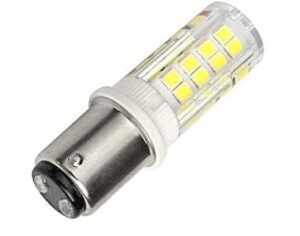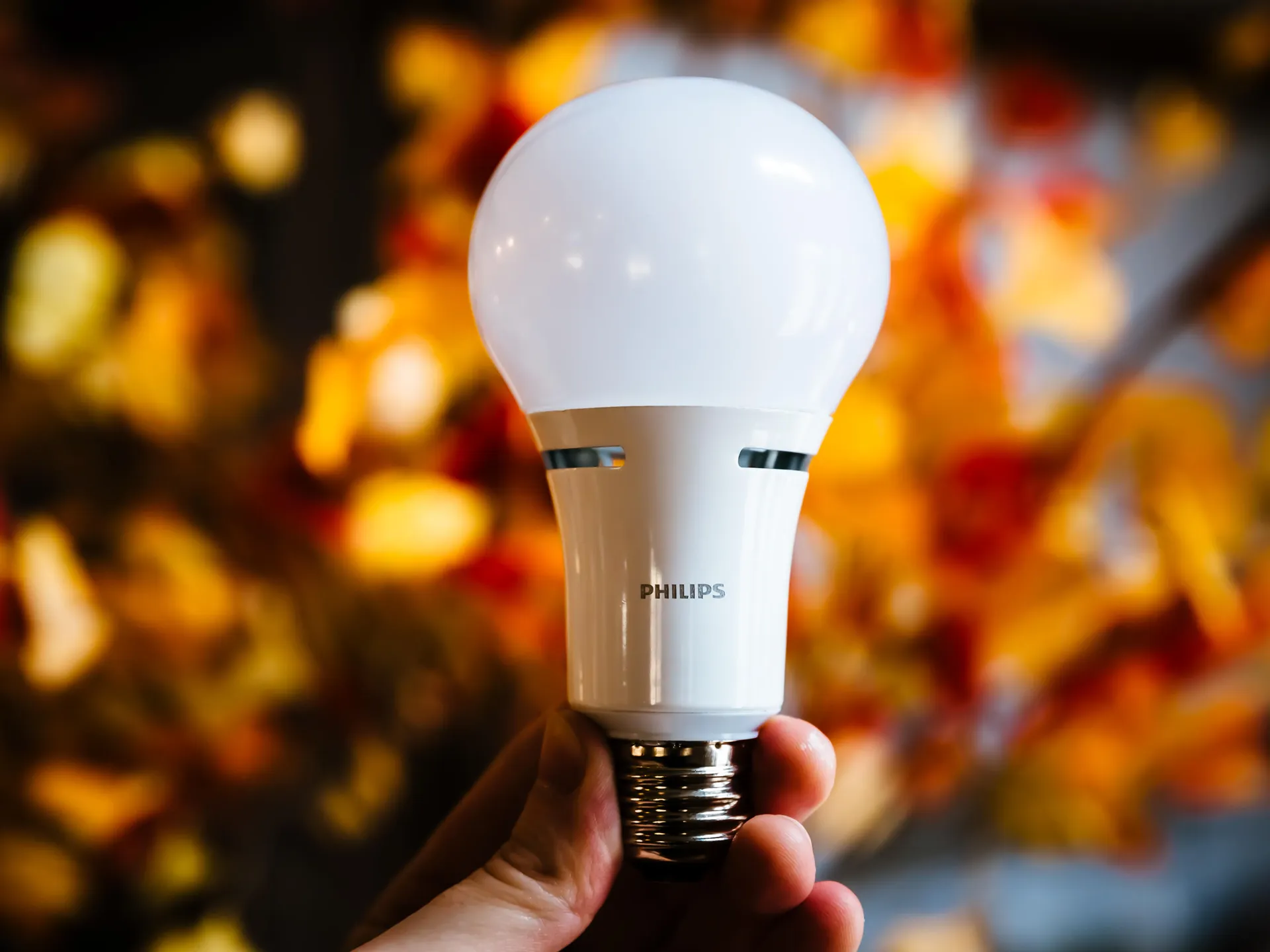California Bill AB2208, signed into law in September 2022, bans the sale and distribution of fluorescent bulbs in California starting from January 1, 2024. The bill specifically targets screw or *bayonet base type compact fluorescent lamps, with a phase-out of pin-base type compact fluorescent lamps starting from January 1, 2025. The move is applauded by climate, clean air, worker safety, and public and environmental health advocates as it protects Californians and the planet from the dangers of mercury in these lamps.
The Ban in Detail
The ban targets two main types of fluorescent lamps: screw or bayonet base type compact fluorescent lamps and pin-base type compact fluorescent lamps. The former will be phased out starting from January 1, 2024, while the latter will begin to be phased out from January 1, 2025. This means that from these dates, the sale and distribution of these types of lamps will be prohibited in California.
Reasons Behind the Ban
Fluorescent lamps, including compact and linear types, contain mercury, a toxic heavy metal that poses significant environmental and health risks. When these lamps are disposed of in landfills, the mercury can leach into the soil and water, contaminating ecosystems and entering the food chain. This is a major concern, as mercury exposure can cause serious human health problems, including neurological damage. By banning the sale and distribution of these lamps, California is taking a significant step toward protecting the health of its residents and the environment.
Implications for Business Owners
The ban on fluorescent lamps will have significant implications for business owners in California. Those who currently use these lamps will need to start planning to transition to alternative lighting solutions. This may involve investing in new lighting fixtures and bulbs and potentially needing to upgrade electrical systems to accommodate the new lighting. It is recommended that business owners start planning for these changes as soon as possible to ensure a smooth transition.
The implications of California Bill AB2208 for business owners in the state are significant. The prohibition on selling and distributing certain fluorescent lamps means businesses that rely on these lamps must find alternatives. This could involve significant costs and changes to business operations. Furthermore, businesses must be aware of the specific exemptions the bill provides. These exemptions could be crucial for businesses relying on LEDs for image capture, projection, or disinfection.
For the Most Part, LED Lights are the Answer
There are several alternative lighting solutions that business owners can consider. LED lights are energy-efficient, long-lasting, do not require ballasts, and do not contain mercury. They also eliminate mountains of maintenance costs from facility operators wondering whether it’s the BALLAST that’s out or the LIGHT that’s out. Or both. Options include halogen lamps and high-intensity discharge lamps, although these may not be as energy-efficient as LEDs. Business owners must research different options and consider cost, energy efficiency, and lifespan when choosing new lighting for their businesses.
California Bill AB2208 is a significant piece of legislation that will have far-reaching implications for business owners in the state. Approved by the Governor and filed with the Secretary of State in September 2022, the bill prohibits the sale and distribution of certain fluorescent lamps. Specifically, the bill bans the sale and distribution of screw or bayonet base type compact fluorescent lamps from January 1, 2024, and pin-base type compact fluorescent lamps or linear fluorescent lamps from January 1, 2025. The bill provides exemptions for various lamps that meet specific criteria, including those used for image capture and projection, and disinfection.
Details of the Bill
The bill specifically targets two types of fluorescent lamps: screw or bayonet base type compact fluorescent lamps and pin-base type compact fluorescent lamps or linear fluorescent lamps. The sale and distribution of the former are prohibited from January 1, 2024, while the latter is prohibited from January 1, 2025. However, the bill does provide exemptions for certain types of lamps. These include lamps used for image capture and projection, and disinfection. These exemptions are crucial for businesses that rely on these specific types of lamps.
Preparing for the Changes
Business owners can prepare for the changes brought about by California Bill AB2208 in several ways. Firstly, they should start exploring alternatives to the prohibited lamps. This could involve researching different types of lamps and evaluating their suitability for business operations. Secondly, businesses should familiarize themselves with the exemptions provided by the bill. If their operations involve using lamps used for image capture and projection or for disinfection, they should ensure that they meet the criteria for the exemptions. Finally, businesses should seek professional advice to fully prepare for the changes.
Conclusion
California Bill AB2208 is a significant piece of legislation that will have far-reaching implications for business owners in the state. The bill will necessitate changes in business operations by prohibiting the sale and distribution of certain types of fluorescent lamps. However, with careful planning and preparation, businesses can adapt to these changes and thrive. The key is to start preparing now by exploring alternatives to the prohibited lamps and familiarizing themselves with the exemptions provided by the bill.
Footnotes
* “bayonet base”

a bayonet base, often abbreviated as BA, is a light bulb socket type. It’s named for its resemblance to the mechanism used to attach bayonets to rifles.
In terms of LED lighting, a bayonet base is a connection used to fit the bulb into the socket. The bulb’s base has one or more lateral pins that align with the socket’s slots, allowing the bulb to be inserted. Then, the bulb is twisted, causing the pins to move along a track in the socket and lock the bulb in place.
There are several types of bayonet bases, including
g the single contact (BA15s), the double contact (BA15d), and the three-pin version (BAY15d). The numbers following the “BA” refer to the diameter of the base in millimeters. For example, a BA15 base is 15 millimeters in diameter.
LED bulbs can be designed with bayonet bases, making them compatible with fixtures that use this socket type. This allows LED technology’s energy efficiency and long lifespan to be utilized in various lighting fixtures.





Comments are closed